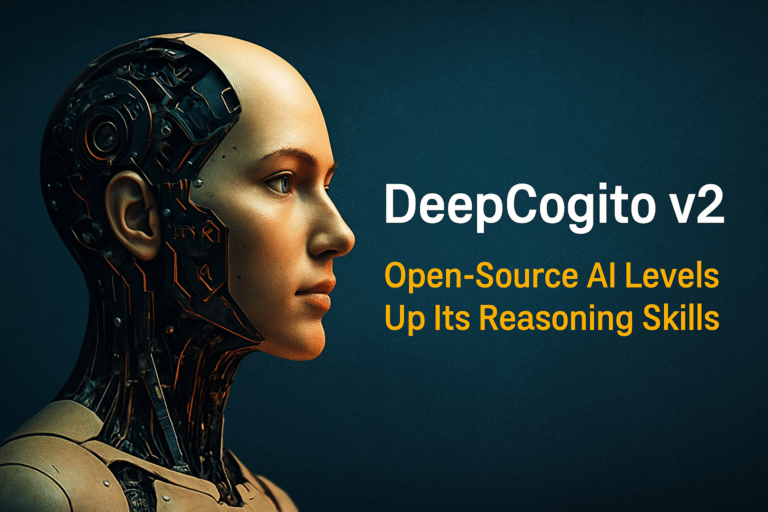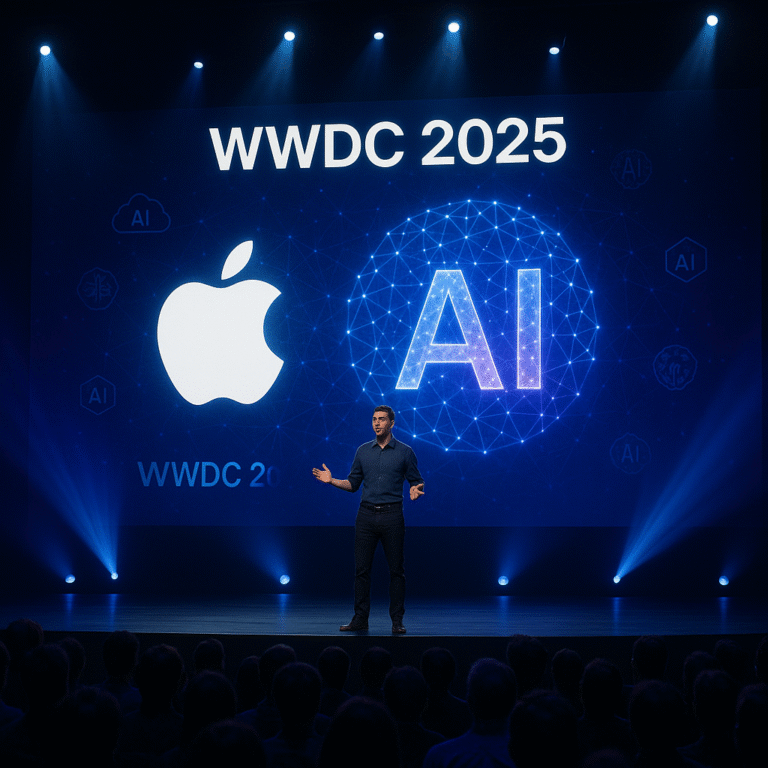
In 2025, legal AI tools are quickly becoming an essential part of the modern justice system. Not only do they help lawyers automate research and document review, but some platforms also aim to predict legal outcomes and even generate arguments for court. As a result, law firms are becoming faster, more accurate, and more cost-efficient than ever before.
These tools are powered by advanced technologies like natural language processing (NLP), machine learning, and predictive analytics. Therefore, they can digest huge volumes of legal data and draw conclusions in a matter of seconds—something that would take humans hours or even day.
🔍 What Are Legal AI Tools?
Legal AI tools are intelligent platforms built to assist legal professionals through machine learning, NLP (natural language processing), and deep learning. These tools handle tasks that were once time-consuming for lawyers, such as analyzing thousands of legal documents, identifying precedents, and estimating case outcomes.
Core Capabilities:
- ⚖️ Contract review & automation
- 📚 Legal research & case law comparison
- 📈 Predictive modeling for trial outcomes
- 📂 eDiscovery & document classification
- 🧠 Real-time compliance alerts
- 🤖 Client communication via chatbots
Popular platforms in 2025 include Harvey AI, DoNotPay, CaseText’s CoCounsel, and Luminance AI.
🧠 How Legal AI Tools Are Used in Real Life
Here’s how they’re being used around the world today:
🏛️ In the Courts
- DoNotPay, dubbed “the world’s first robot lawyer,” attempted to represent a client in traffic court via smart glasses. Although the case was halted, it marked a turning point.
- In China, AI judges already resolve low-stakes cases online as part of smart court initiatives.
🏢 In Law Firms
- Harvey AI, adopted by Allen & Overy and other global firms, helps draft M&A documents and legal memos.
- Luminance AI is revolutionizing document review, cutting thousands of hours of human labor.
⚖️ Legal AI Tools vs Human Lawyers
| Aspect | Legal AI Tools | Human Lawyers |
|---|---|---|
| Speed | Analyze thousands of pages in seconds | Limited by time |
| Cost | Subscription-based, affordable | Expensive hourly fees |
| Empathy & Ethics | Lacks emotional understanding | Human-centric, context-sensitive |
| Predictive Accuracy | Up to 85% with quality data | Varies with experience |
| Strategic Argumentation | Basic logic-based reasoning | Creative, nuanced argumentation |
🚀 Most Popular Legal AI Tools in 2025 (Comparison Table)
| Tool | Best For | Key Features | Pricing |
|---|
| Harvey AI | Law firms & corporations | Drafting, due diligence, compliance | Enterprise |
| DoNotPay | Consumers & small cases | AI chatbot, legal form automation | Freemium |
| Luminance AI | Litigation & contracts | Smart review, risk detection | Custom |
| CaseText | Legal researchers | AI-powered legal research, CoCounsel GPT | Tiered plans |
| LawGeex | Enterprise legal ops | Contract AI review with ML validation | Enterprise |
🤖 Can Legal AI Tools Win Court Cases?
The idea of an AI system “winning” a court case remains controversial and legally uncharted. While legal AI tools can prepare arguments, analyze case law, and assist lawyers, they still require a human representative in most jurisdictions.
Challenges:
- 🧩 AI cannot take legal responsibility
- 🧑⚖️ Only licensed lawyers can appear in court
- ⚠️ Ethical guidelines still limit AI’s autonomy
Yet, experts believe AI will increasingly act as a co-counsel, advising human lawyers in real-time during litigation.
📈 Benefits of Legal AI Tools
- ⏱️ Time Savings: Lawyers can focus on strategy, while AI handles research
- 💸 Cost Efficiency: Reduces billable hours for repetitive tasks
- 📊 Data-Driven Decisions: Predictive analytics improve case assessment
- 🌍 Wider Access: Consumers gain access to basic legal help through AI
⚠️ Legal and Ethical Concerns
Despite their power, raise big questions:
- 🔐 Privacy: How secure is client data when processed by AI?
- 🤔 Bias: AI may replicate racial or social biases from training data
- ⚖️ Accountability: Who’s liable if an AI’s recommendation causes damage?
These concerns fuel the call for strong regulatory frameworks governing legal AI systems.
🔮 What’s Next? The Future of Legal AI Tools
By 2030, expect to see:
- 👩⚖️ AI co-pilots in courtrooms
- 📞 AI paralegals providing 24/7 advice
- 🧠 Real-time compliance advisors
- 🧑💻 AI assistants writing personalized legal contracts in seconds
🔗 Related Articles (Internal Links)
- How AI Robo-Advisors Grow Your Wealth Automatically in 2025
- Top AI Tools to Improve Your Credit Score in 2025
✅ Final Thoughts

Legal AI tools are evolving rapidly, proving themselves indispensable to modern law. They’re not here to replace lawyers but to empower them. The idea that AI could one day win a court case might sound bold—but the legal industry is already heading in that direction. The smart firms of 2025 aren’t asking “if” they should use AI—only “how soon?”






Good info. Lucky me I reach on your website by accident, I bookmarked it.
I used to be suggested this website by means of my cousin. I am no longer sure whether or not this post is written by way of him as nobody else know such distinctive about my difficulty. You’re incredible! Thanks!
Hello! I just would like to give a huge thumbs up for the great info you have here on this post. I will be coming back to your blog for more soon.
I am glad to be one of the visitors on this great web site (:, regards for posting.
Its such as you read my thoughts! You seem to know a lot approximately this, like you wrote the e book in it or something. I think that you just could do with a few p.c. to force the message house a little bit, however instead of that, this is magnificent blog. An excellent read. I’ll certainly be back.
I am impressed with this internet site, rattling I am a fan.
This site is mostly a stroll-by for all of the info you needed about this and didn’t know who to ask. Glimpse right here, and also you’ll definitely discover it.
I was looking through some of your blog posts on this site and I conceive this website is very instructive! Keep on putting up.
certainly like your web-site but you have to take a look at the spelling on quite a few of your posts. Several of them are rife with spelling issues and I in finding it very troublesome to tell the reality then again I will certainly come back again.
I do trust all the ideas you’ve offered in your post. They are really convincing and can certainly work. Still, the posts are too quick for beginners. May just you please extend them a little from next time? Thank you for the post.
I appreciate, cause I found just what I was looking for. You’ve ended my four day long hunt! God Bless you man. Have a nice day. Bye
This site is known as a walk-by for all of the data you needed about this and didn’t know who to ask. Glimpse right here, and you’ll undoubtedly discover it.